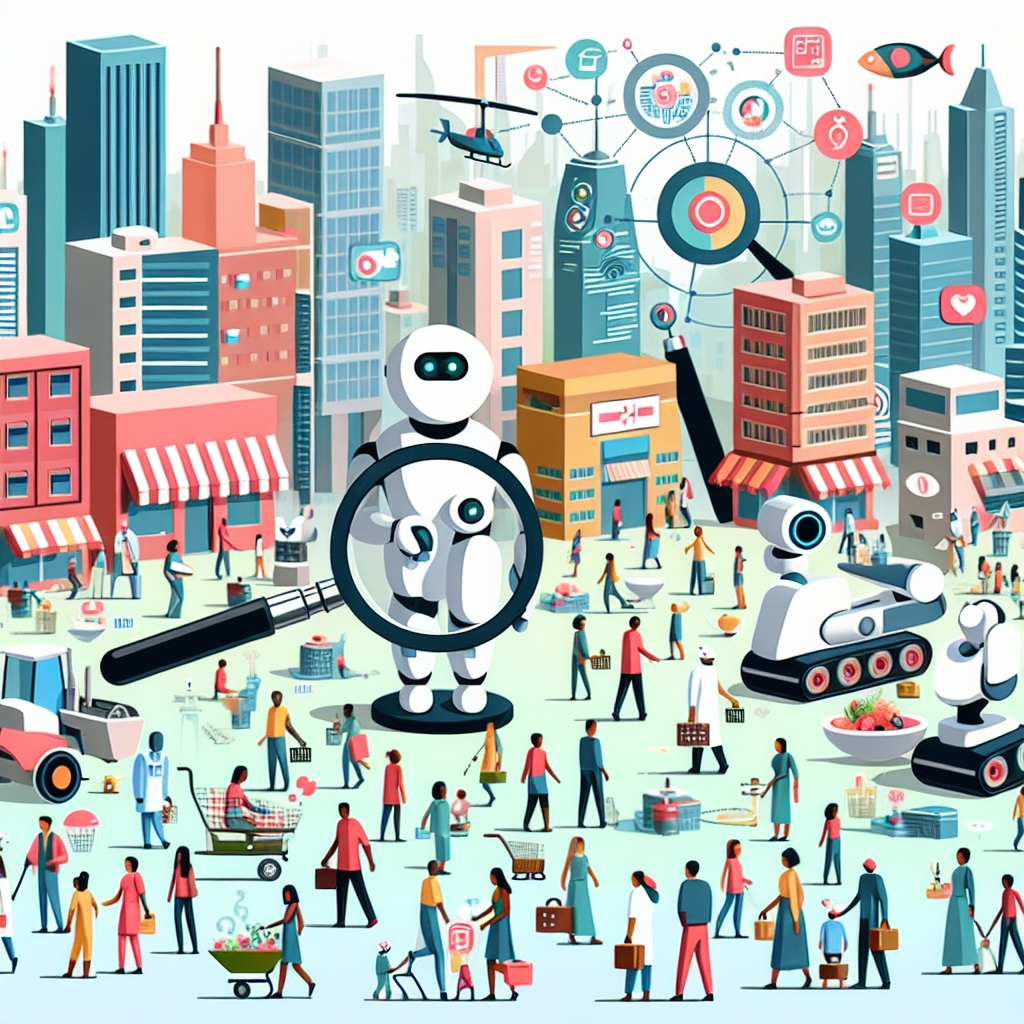Artificial General Intelligence (AGI) is a rapidly advancing technology that has the potential to revolutionize various aspects of our society, including the job market. As AGI becomes more sophisticated and capable of performing complex tasks, there are growing concerns about its implications on the future of work. Will robots and AI systems eventually replace humans in the workforce, leading to widespread unemployment? In this article, we will explore the potential impact of AGI on the job market and discuss the various factors that will influence its effects on employment.
The Rise of Artificial General Intelligence
AGI refers to a form of artificial intelligence that possesses the ability to understand, learn, and apply knowledge in a manner similar to human intelligence. Unlike narrow AI systems, which are designed to perform specific tasks, AGI has the potential to exhibit general intelligence across a wide range of domains. While AGI is still in the early stages of development, researchers and technologists are making significant strides in advancing the capabilities of AI systems.
The implications of AGI on the job market are significant, as the technology has the potential to automate a wide range of tasks currently performed by humans. From manual labor to complex decision-making processes, AGI systems have the capacity to outperform humans in many areas. This has led to concerns about the potential impact of AGI on employment levels and the future of work.
Will Robots Replace Humans?
One of the most pressing questions surrounding the rise of AGI is whether robots and AI systems will eventually replace humans in the workforce. While it is true that automation has already had a significant impact on certain industries, leading to job displacement in some cases, the effects of AGI on employment are likely to be more nuanced. In many cases, AI systems are expected to complement human workers rather than replace them entirely.
For example, AGI can be used to automate repetitive and mundane tasks, allowing human workers to focus on more complex and creative aspects of their jobs. This can lead to increased productivity and efficiency in many industries, as AI systems can perform tasks at a faster rate and with greater accuracy than humans. Additionally, AGI has the potential to create new job opportunities in emerging fields such as AI programming, data analysis, and robotics.
However, there are also concerns that AGI could lead to job displacement in certain industries, particularly those that rely heavily on manual labor or routine tasks. For example, industries such as manufacturing, transportation, and customer service are at risk of automation, as AI systems become increasingly capable of performing these tasks. This could result in significant job losses and economic disruption in these sectors.
Factors Influencing the Impact of AGI on Employment
The impact of AGI on the job market will depend on a variety of factors, including the pace of technological advancement, the readiness of industries to adopt AI systems, and the ability of workers to adapt to changing job requirements. While some jobs may be at risk of automation, others are likely to be more resistant to technological disruption. Jobs that require human creativity, emotional intelligence, and critical thinking skills are less likely to be automated by AI systems.
Additionally, the adoption of AGI in the workforce will depend on regulatory and ethical considerations. As AI systems become more advanced and capable of making autonomous decisions, there are concerns about the potential for bias, discrimination, and unintended consequences. It will be essential for policymakers, businesses, and technologists to address these issues to ensure that the deployment of AGI is done in a responsible and ethical manner.
FAQs
Q: Will AGI lead to widespread unemployment?
A: While AGI has the potential to automate certain tasks and jobs, it is unlikely to lead to widespread unemployment. Instead, AI systems are expected to complement human workers and create new job opportunities in emerging fields.
Q: Which industries are most at risk of automation?
A: Industries that rely heavily on manual labor or routine tasks, such as manufacturing, transportation, and customer service, are at risk of automation by AGI systems.
Q: How can workers prepare for the impact of AGI on the job market?
A: Workers can prepare for the impact of AGI by developing skills that are less likely to be automated, such as creativity, emotional intelligence, and critical thinking. Additionally, lifelong learning and upskilling will be essential to adapt to changing job requirements.
Q: What role do policymakers play in regulating the deployment of AGI?
A: Policymakers play a critical role in regulating the deployment of AGI to ensure that it is done in a responsible and ethical manner. Regulations are needed to address issues such as bias, discrimination, and the ethical use of AI systems.
In conclusion, the implications of AGI on the job market are complex and multifaceted. While there are concerns about job displacement and unemployment, there are also opportunities for increased productivity, efficiency, and job creation. It will be essential for stakeholders across industries to collaborate and address the challenges and opportunities presented by the rise of AGI to ensure a sustainable and equitable future of work.

